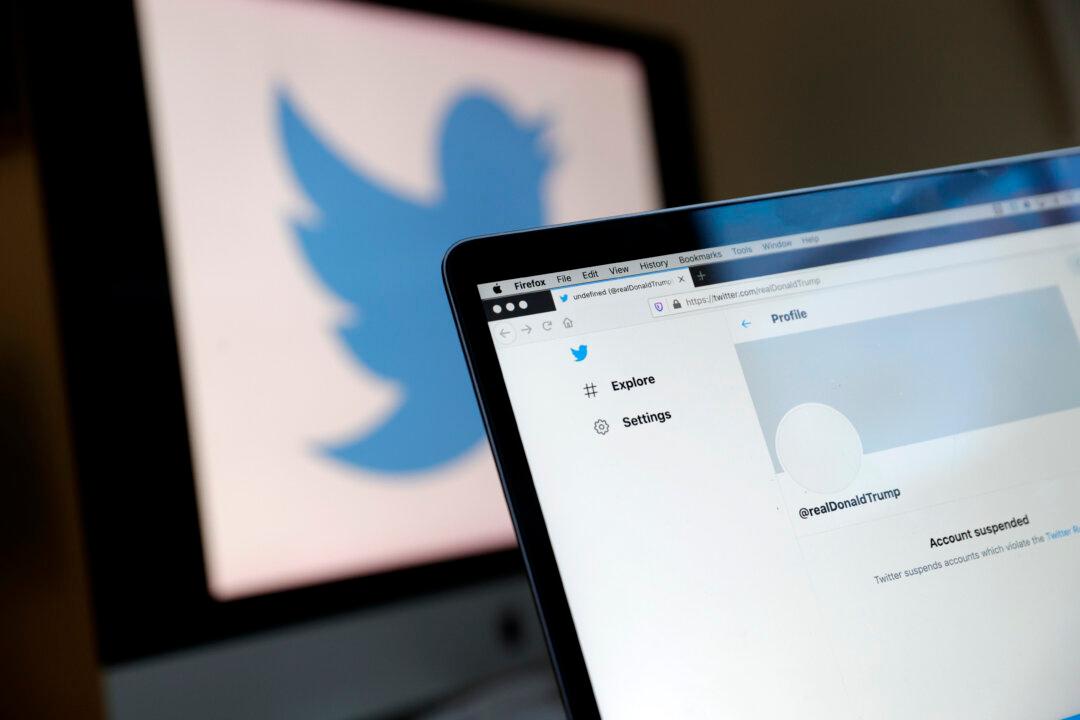The swift and widespread deplatforming of President Donald Trump has broader, global consequences, forcing other countries to assess their communication channels for potential risks to national security, experts say.
World leaders including Mexican President Andrés Manuel López Obrador, German Chancellor Angela Merkel, and Acting Australian Prime Minister Michael McCormack have condemned recent moves by some of the world’s largest tech companies, arguing the companies violated free speech protocols and have too much power. Others, such as Kremlin critic Alexei Navalny, have accused their censorship of Trump as being motivated by partisan politics.





